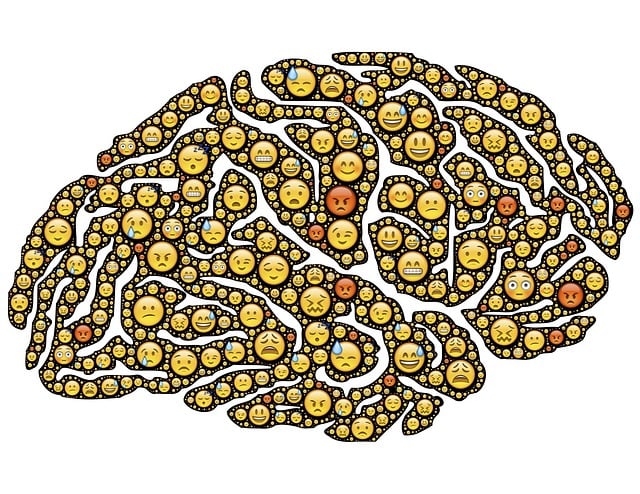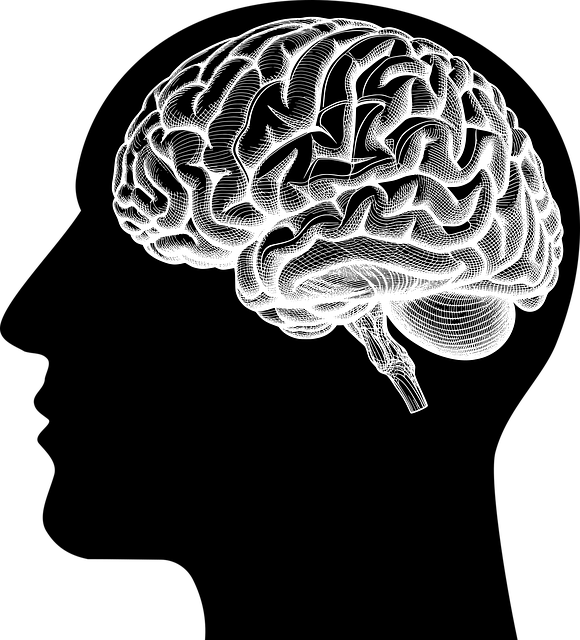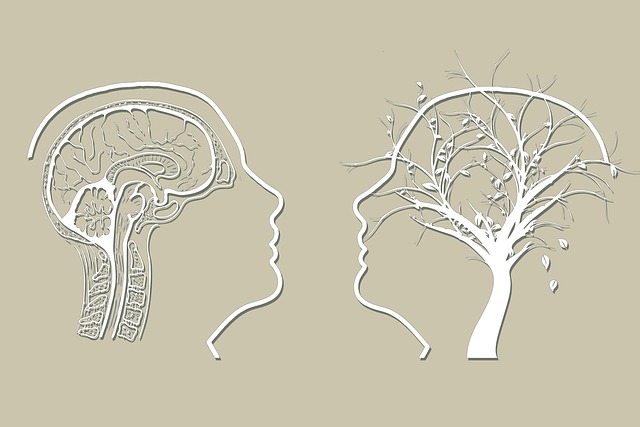Lakewood Somatic Experiencing Therapy (LSET) offers a holistic approach to mental health education, integrating body-mind connections for stress management and trauma resolution. By teaching practical skills through interactive sessions and emphasizing cultural sensitivity, LSET empowers individuals to take charge of their emotional well-being. This innovative curriculum enhances mental health literacy, promotes early intervention, and fosters supportive communities, ultimately improving participants' mental health outcomes.
In an era where mental health awareness is paramount, effective education programs are key to fostering well-being. This article explores the design of a comprehensive mental health program tailored for the Lakewood community. Through ‘Understanding Mental Health: Creating a Comprehensive Foundation’, we establish essential knowledge. We then delve into ‘Integrating Somatic Experiencing Therapy’—a unique, body-centered approach. The curriculum and interactive sessions are designed to engage and empower. Finally, we assess the program’s effectiveness in Lakewood through somatic experiencing therapy, offering insights into its impact on the community.
- Understanding Mental Health: Creating a Comprehensive Foundation
- Integrating Somatic Experiencing Therapy: A Unique Approach
- Designing Engaging Curriculum and Interactive Sessions
- Implementing and Evaluating the Program's Effectiveness in Lakewood Community
Understanding Mental Health: Creating a Comprehensive Foundation

Understanding Mental Health forms the bedrock upon which any effective education program should be built. It’s crucial to start with a comprehensive foundation that demystifies mental wellness, refutes stigma, and promotes early intervention. This involves teaching individuals about various aspects of mental health, from recognizing common disorders like anxiety and depression to understanding the interplay between physical and emotional well-being.
At Lakewood Somatic Experiencing Therapy, we emphasize holistic approaches such as stress management techniques and resilience building exercises. These not only empower individuals to take charge of their mental health but also equip them with tools to navigate life’s challenges more effectively. By fostering a culture of open dialogue and self-care, our programs aim to create an environment where learning about mental wellness becomes accessible and impactful for all participants.
Integrating Somatic Experiencing Therapy: A Unique Approach

Integrating Somatic Experiencing Therapy (SET) into mental health education programs offers a unique and innovative approach to addressing the mind-body connection. This therapy, pioneered by Dr. David K. Berger, focuses on resolving trauma and stress through physical sensations, offering individuals a powerful tool for self-regulation and emotional healing. The Lakewood Somatic Experiencing Therapy model is designed to enhance mental health literacy, particularly in communities where access to traditional therapeutic services may be limited.
By incorporating SET techniques into community outreach program implementations, participants gain practical skills for mood management and building resilience. This method empowers individuals to understand and respond to their bodily signals, fostering a sense of agency over their emotional well-being. The confidence-boosting aspect of SET encourages people to explore and accept their physical experiences, leading to improved mental health outcomes and a more holistic understanding of therapeutic practices.
Designing Engaging Curriculum and Interactive Sessions

Designing an engaging curriculum for a mental health education program is key to fostering effective learning and long-term behavioral change. Incorporating interactive sessions that simulate real-life scenarios can significantly enhance students’ understanding and retention. For instance, integrating Lakewood Somatic Experiencing Therapy (LSE) techniques into the curriculum allows participants to practice hands-on healing methods, fostering a deeper connection between theory and application. This immersive approach not only makes learning fun but also prepares future therapists to handle diverse client needs.
Effective communication strategies are another vital component. Teaching active listening, empathy expression, and nonverbal cues equips students with the skills to create safe, supportive spaces for their future clients. Moreover, incorporating cultural sensitivity in mental healthcare practice ensures that the program addresses the unique challenges faced by diverse communities. By integrating these aspects into the curriculum, the program prepares well-rounded practitioners who can offer tailored, effective Anxiety Relief and support for all individuals seeking mental health services.
Implementing and Evaluating the Program's Effectiveness in Lakewood Community

Implementing a mental health education program like Lakewood Somatic Experiencing Therapy (SE) in a community setting offers unique advantages for residents’ well-being. The program’s effectiveness can be evaluated by measuring participants’ satisfaction and behavioral changes post-intervention. This involves assessing how individuals apply learned skills, such as self-care routine development and self-awareness exercises, in their daily lives.
Regular risk assessments for mental health professionals are crucial to ensure the program’s sustainability and adaptability. By combining theoretical knowledge with practical workshops, the initiative fosters a supportive environment where participants can openly discuss mental health challenges. This holistic approach not only empowers individuals but also encourages community members to take proactive steps towards maintaining and enhancing their mental well-being.
The implementation of a mental health education program, incorporating elements like Somatic Experiencing Therapy (SE), has proven beneficial for communities. As seen in the case of Lakewood’s initiative, this holistic approach to learning about mental wellness can significantly impact individuals’ well-being. By combining educational sessions with interactive, engaging curriculum, the program effectively addresses the importance of understanding mental health and offers practical tools. The success of Lakewood Somatic Experiencing Therapy highlights the potential for similar programs to foster resilience and improve community mental health outcomes.














